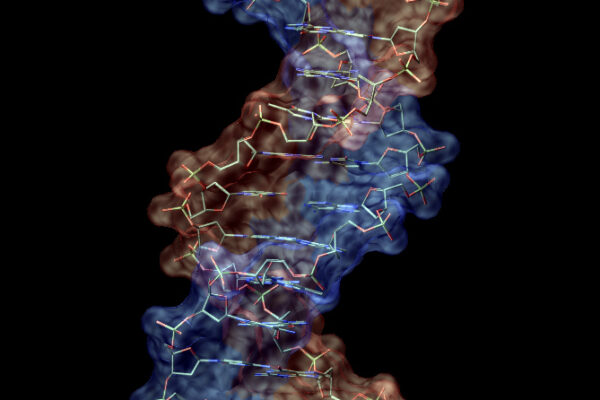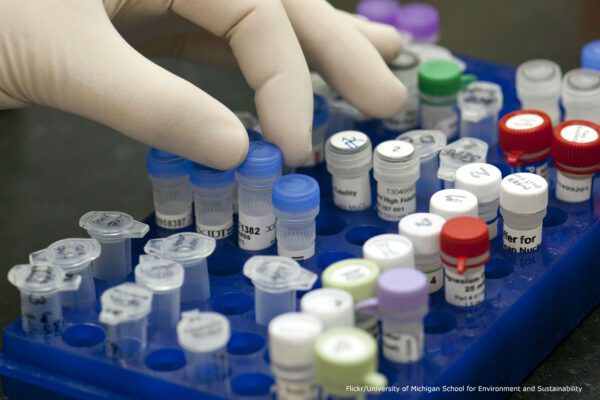Innocent until proven guilty? In Dakota County, not so much.
Big Brother is watching you? In Dakota County, definitely.
We’ve seen a lot in the past few weeks about how much we are exposed when our data is collected and stored in huge databases. We’ve been reminded, as though we needed it, of the continuing validity of Murphy’s Law: Whatever can go wrong will go wrong. The Russians and the Wannacry ransomware attackers have shown us that even the largest and most sophisticated collectors of electronic data are vulnerable to hacking and invasions of privacy.
But the Dakota County Sheriff and County Attorney turn a blind eye to all that and—alone among Minnesota’s 87 counties—choose to ignore not only good sense but also a binding Minnesota appellate court decision upholding the privacy rights that the Minnesota Constitution guarantees to all Minnesotans.
Why, you may ask, is that happening? And what is the ACLU-MN doing about it?
The DNA in our genes tells our whole genetic story: who our relatives are, our physical and mental predispositions, our vulnerability to and defenses against diseases, who we are as a unique individual, and much more. It is, or at least should be, our most private information.
Understanding all that, the Minnesota Court of Appeals ruled in 2006 (In re C.T.L.) that law enforcement cannot forcibly collect genetic information from people who have been arrested but never been convicted of a crime. In a unanimous opinion, the court held that doing so violates BOTH the Bill of Rights of the United States Constitution AND the Bill of Rights of the Minnesota Constitution. So far, so good.
But, of course, the US Supreme Court gets the final word on the meaning of the US Constitution. In a 5-4 decision in 2013, that court held that, as far as the US Constitution is concerned, seizing a person’s DNA is more like fingerprinting or photographing a person than it is like searching their bodies and homes. Justice Scalia in a blistering dissent warned that "because of today's decision, your DNA can be taken and entered into a national database if you are ever arrested, rightly or wrongly, and for whatever reason." The decision might help solve crimes, Justice Scalia went on, but “so would the taking of DNA samples from anyone who flies on an airplane, applies for a driver's license, or attends a public school.” He concluded: “I doubt that the proud men who wrote the charter of our liberties would have been so eager to open their mouths for royal inspection.”
Based solely on the US Supreme Court decision, Dakota County—alone among Minnesota’s 87 counties—decided to resume the practice of warrantless DNA collection. If the US Constitution doesn’t forbid the practice, then what’s to prevent us from using it?
Well, the Minnesota Constitution, for one thing. Don’t forget In re C.T.L., the 2006 case that held the Bill of Rights of the Minnesota Constitution offers protections to Minnesotans from warrantless DNA collection. It’s not an unusual holding. Minnesota courts have held repeatedly that Minnesota’s own Bill of Rights goes further than the US Bill of Rights. In other words, the US Bill of rights merely sets a floor, a minimum standard. States are free to set higher standards, and Minnesota has often done so, offering Minnesotans additional protections against unreasonable searches and seizures, and violations of privacy rights, as well as rights to equal protection, access to counsel, and religious freedom.
The Dakota County Sheriff and County Attorney have chosen not to pay attention to that part of In re C.T.L., which is too bad. It means that ACLU-MN has needed to remind them—which we just did with the lawsuit filed on behalf of our client, John David Emerson. The first hearing in the case has been scheduled for June 20 in Shakopee. Stay tuned.




